Physics (junior)
When can I find information about physics?
(Years 5-8)
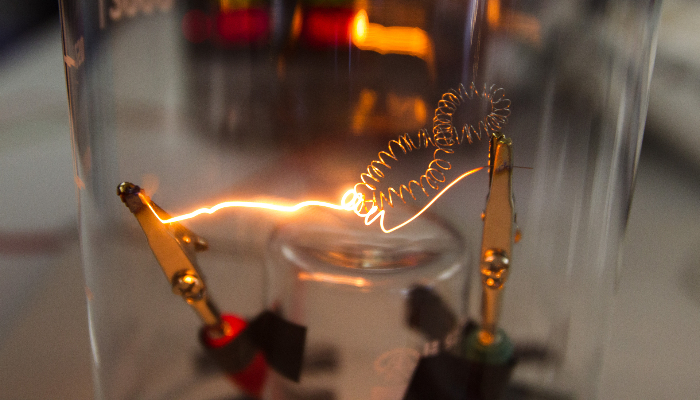
Image: Laboratorium fizyczne, doświadczenie z prądem, Centrum Nauki Kopernik, fot. R.Kowalewski.jpg by Robert Kowalewski on Wikimedia Commons.
Entry last updated: 10/07/25
Introduction
Physics is the study of things known as matter and how they move. It is a huge topic. Physics includes the study of light, sounds, electricity and how everything moves. Physics studies the smallest parts ever known, like atoms, to the biggest thing ever - the universe.
The people that study physics are called physicists.
Useful Physics words
Here are some words you may find useful when learning about physics:
Matter: Anything that has mass and occupies space. The most basic unit of matter is an atom.
Magnetism: A type of matter that has specific properties.
Sound: A wave that moves through matter and can be heard.
Light: A type of energy that is made of photons.
Motion: How objects move.
Astronomy: A particular branch of physics that studies the planets, stars and the universe
General Websites
Here are some websites to help you understand the subject of physics.
Britannica School is one of the EPIC resources. EPIC is a collection of resources covering lots of different topics. It's put together especially for New Zealand school students and helps to answer questions like this.
Choose Primary for an easy-to-read summary, or Middle for more detail.
Enter the search word 'physics' into the search bar.
Choose physics for an overview.
Or you could search for a different chemistry word eg 'matter'.
Tips: To use the EPIC resources, you need a password from your school librarian. Or chat with one of our AnyQuestions librarians to help you online. Some EPIC databases may also be available through your public library.
This site is funded by the New Zealand Government. There are articles, videos and activities to explore. You can search by topic, concept or the search feature. You can choose the Primary button to get results at that level.
Go to Concepts to check out collections of articles, videos and interactives about different areas of physics.
Look at Magnetism for an introduction to this topic.
Look at Energy for information about what energy is, how it is used and how to measure it.
Look at Newton's laws to find out about rockets, how they are made and how they move.
Tips: Websites that have .org or.net in the address can have good information. You can check the About Link on the website to see the information about who owns it and what it is about.
This is an educational YouTube channel with short videos about lots of science topics.
Go to Playlists and find the playlist Physical Science: Introduction to Gravity.
This is a list of videos about gravity.
Choose a video to watch.
This site has easy to read articles, diagrams and images on history, biography, geography, science and sport.
Select Science.
Then find Physics.
Choose something to find out more about eg Heat.
Tips: Some websites have advertisements (or ads) which ask us to buy something or tell us to ‘click here’. It’s best to ignore these ads and focus on the information we’re looking for.
Books
Check your school or public library to see what they have on physics. Here are some titles to begin with:
Physics by Paul Mason.
Physics for beginners by Rachel Firth, Minna Lacey & Darran Stobbar.
Supersimple physics: The ultimate bite-size study guide by Leo Ball, Ben Davies, Hilary Lamb, Penny Johnson, Ben Morgan, Robert Snedden, Giles Sparrow, & Steve Woolley.
Physics for kids: science experiements and activities inspired by awesome physicists, past and present by Liz lee Heinecke.
SCIS no: 5468582
Topics covered
Related content
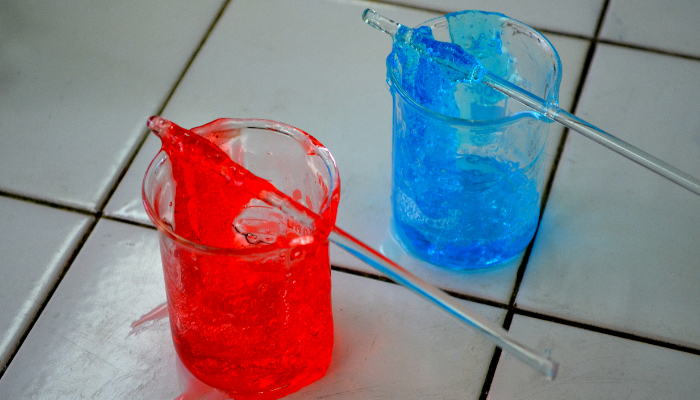
Chemistry (junior)
Where can I find information about chemistry?
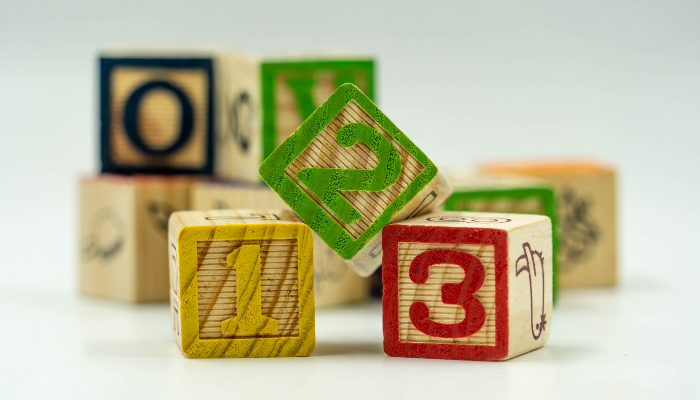
Mathematics (junior)
Where can I find information about maths (mathematics)?
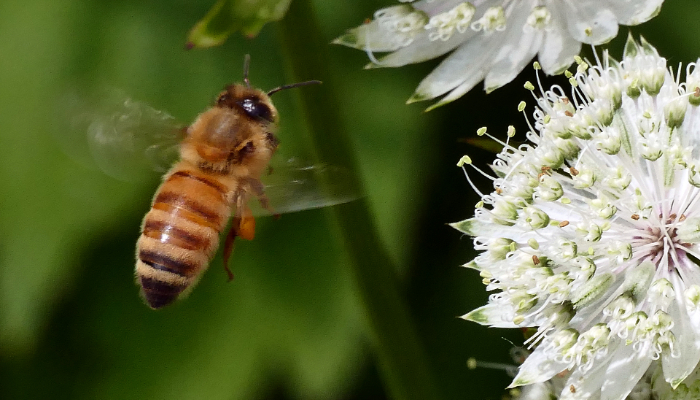
Biology (junior)
Where can I find facts and information about biology?

Flight
Where can I find information about flight and how things fly?
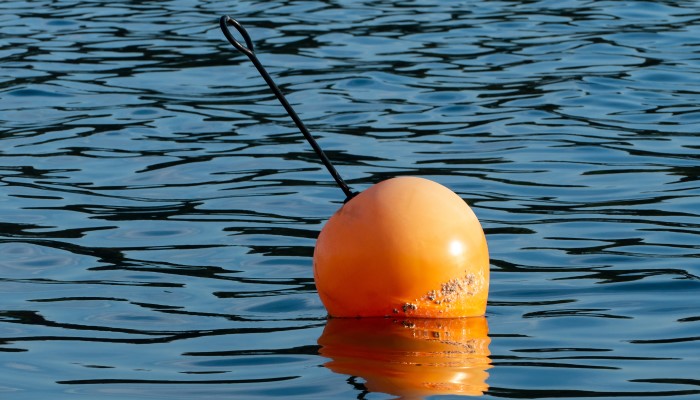
Floating and sinking
Where can I find information about floating and sinking?
